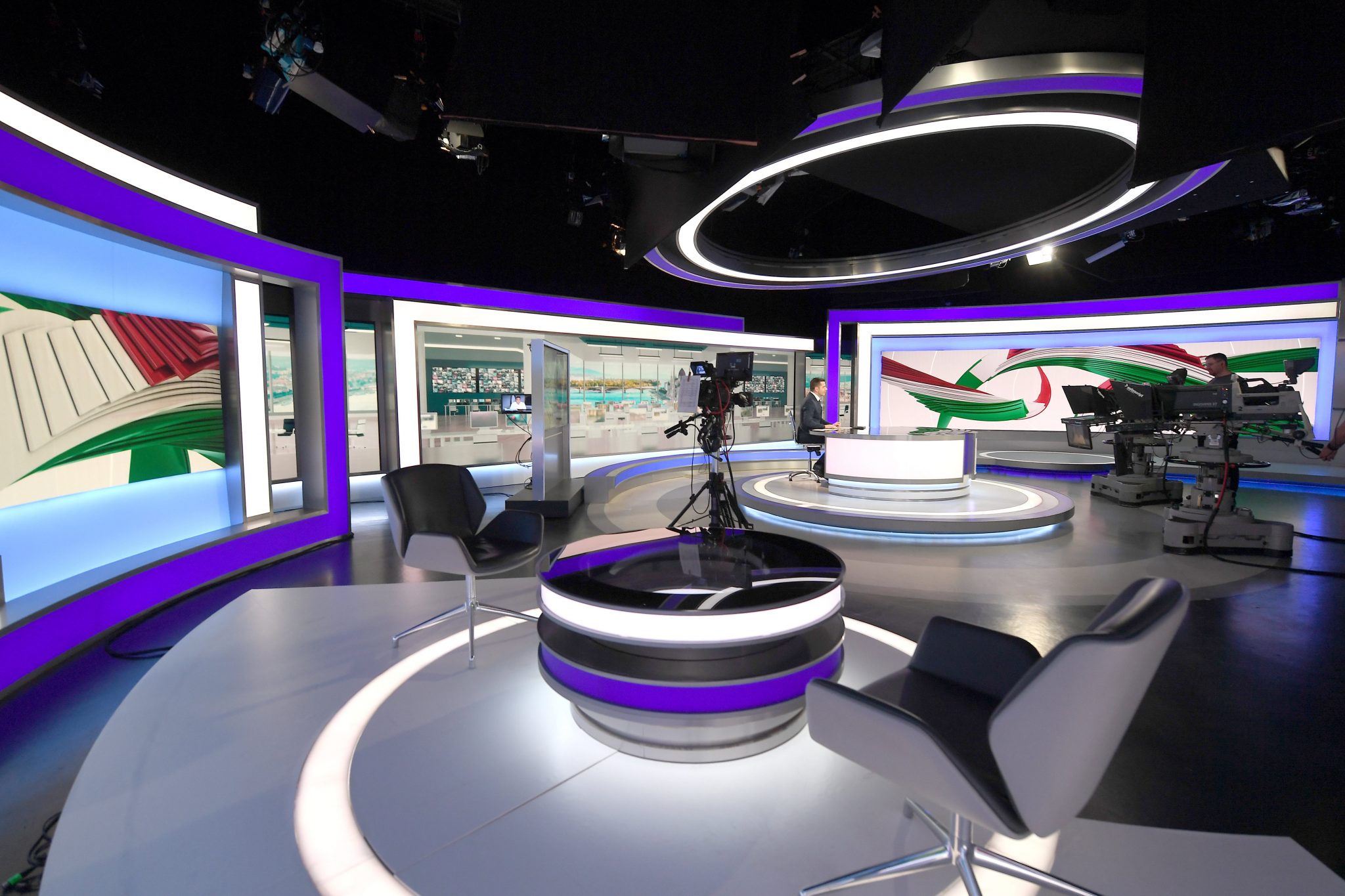
Hungary is one of a number of countries where "right-wing populist governments" have weakened the democratic checks and balances, according to EBU's report.Continue reading

The European Commission plans to introduce rules next year to prevent a few large media groups from acquiring smaller rivals and to thwart government interference, EU industry chief Thierry Breton said on Monday. According to Reuters, besides Poland and Slovenia, Hungary’s media landscape might have inspired the EC to take action.
In his speech, Breton highlighted the threats to media pluralism and independence.
These threats can take diverse forms such as government interference, politicization of public media, or a heavy concentration of media capital in a handful of owners,”
he said, adding that “the financial weaknesses I have outlined can expose media organizations to being taken over by larger groups.”
Concerning political interference: “The allocation of state advertising has been used to favor companies that display government-friendly views,” he explained.
We want to act against all types of unjustified interferences in the activities of our media companies. We need to make sure that there are media pluralism safeguards, including online, so no one grows too big to care about public debate,”
he said, also explaining that the proposed rule would also target hostile foreign interference, with countries heading to the polls seen as the most vulnerable. He added that a consultation would be launched soon, seeking feedback from the media and other third parties before adopting the new rule.
Although he didn’t mention any concrete examples, Reuters notes that Breton’s move most likely comes amid curbs on media freedom in Poland, Hungary, and Slovenia and worries that the channeling of state advertising to pro-government outlets leads to indirect political influence over the media.
In regard to Hungary, the pro-Fidesz Central European Press and Media Foundation (KESMA) might be one of the reasons for the EC to act. The conglomerate oversees more than 500 of Hungary’s media outlets, including some of the most popular ones such as tabloid Origo, sports daily Nemzeti Sport, or the regional daily papers.
As a matter of fact, the outlets now owned by the foundation were acquired or founded by allies of Orbán in the past few years and then suddenly donated to the foundation in 2018 for free. The huge pro-government media organization’s establishment has been criticized by several European professional bodies, suspecting that it was directly controlled by the ruling parties. In addition, neither the Media Authority (NMHH) nor the Competition Authority (GVH) had the chance to investigate the acquisition’s circumstances.
The Orbán administration’s influence over public media may be another reason, as state media regularly comes under criticism for favoring the ruling alliance and their political messages, while overlooking or heavily criticizing the opposition.
featured image: Thierry Breton; via MTI/EPA pool/Stephanie Lecocq